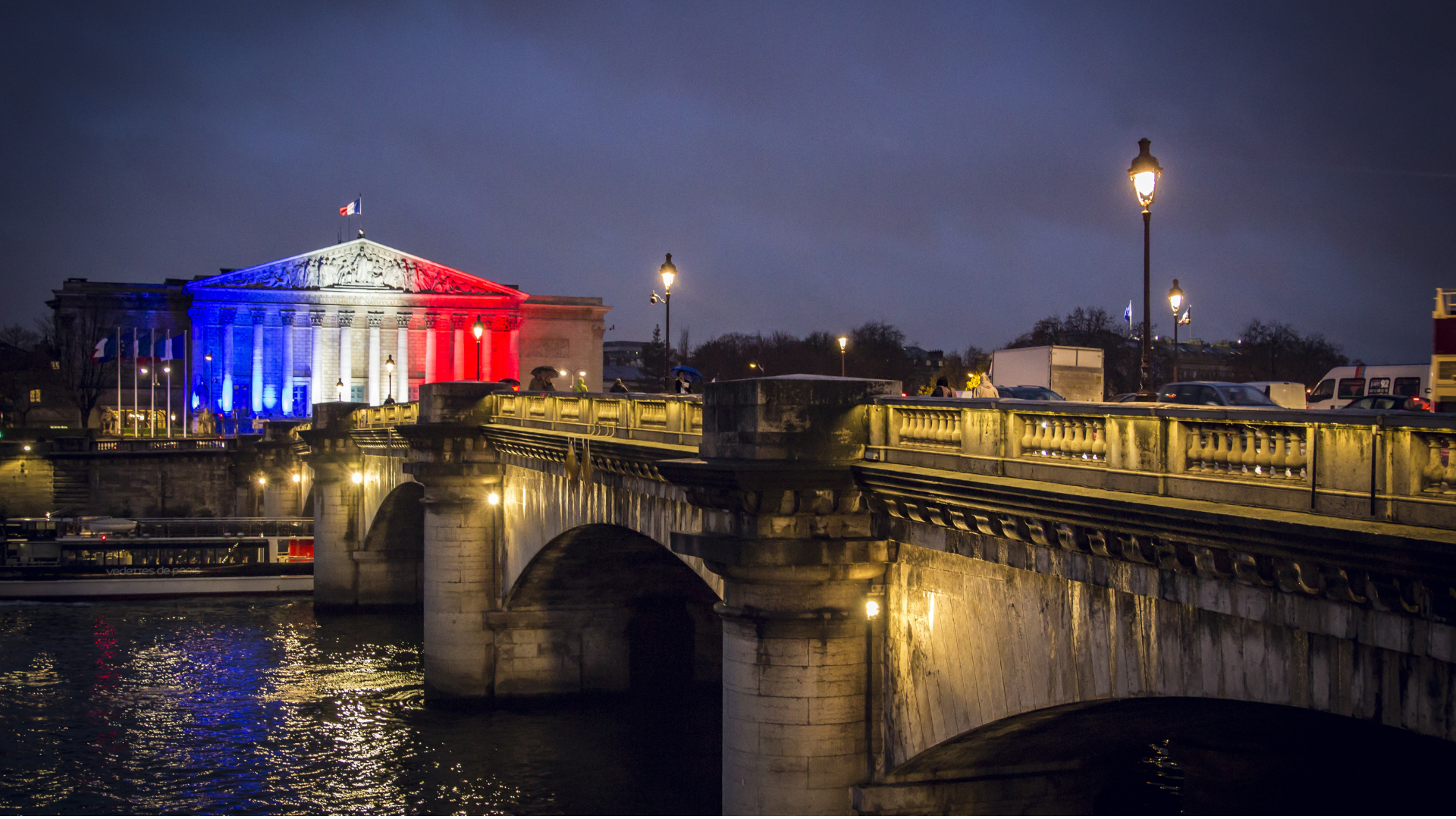The Illiquidity Premium Paradox: How RWA Tokenization is Changing the Game
Understanding the Illiquidity Premium Paradox
In traditional finance, investors often demand a higher return for holding illiquid assets—this additional compensation is known as the illiquidity premium. The paradox lies in the fact that while illiquid assets (such as private equity, real estate, and fine art) often generate superior returns, their very lack of liquidity makes them less attractive to many investors. As a result, investors with longer time horizons and higher risk tolerance are able to capitalize on these higher returns, while others miss out due to liquidity constraints.
However, as financial markets evolve, real-world asset (RWA) tokenization is challenging this long-standing principle by introducing increased liquidity to traditionally illiquid assets. This shift raises critical questions about whether the illiquidity premium will persist in a tokenized world or diminish as access to these assets expands.
The Rise of RWA Tokenization
RWA tokenization utilizes blockchain technology to convert real-world assets into tradable tokens on digital markets. This addresses issues of liquidity for investments like real estate, infrastructure projects, and fine art because these can now be divided into fractions that are more convenient to trade. Consequently, investors who had previously been excluded from these markets due to the high capital thresholds can now easily participate.
Some key benefits of RWA tokenization include:
- Enhanced Liquidity: Tokenized assets can be bought or sold 24/7 on secondary markets making the processes of acquiring or disposing of assets far more efficient.
- Broader Investor Base: Tokenization democratizes various asset classes that were usually gated behind institutional investors, and makes them accessible for retail investors.
- Reduced Transaction Costs: Smart contracts automate key processes, cutting out intermediaries and lowering costs.
Does Increased Liquidity Diminish the Illiquidity Premium?
As RWAs become more liquid through tokenization, it stands to reason that the illiquidity premium will decrease or even vanish altogether. However, the truth is more complex than that:
- Liquidity is Market-Dependent: While tokenization provides a liquidity opportunity in theory, liquidity is only real when there is action in the secondary market. In cases where a tokenized asset has low trading activity, an illiquidity premium might still apply.
- Regulatory Uncertainty: The landscape of legal jurisdiction for tokenized assets is constantly evolving, and some investors may feel the need to price in a risk premium due to potential legal risks.
- Asset-Specific Considerations: There is no guarantee that all assets will have the same level of increase in liquidity. Some RWAs like commercial real estate continue to be intensive with due diligence in trading and thus are traded less frequently as compared to private equities.
The Future of Illiquidity Premium in a Tokenized World
Even though the traditional illiquidity premium might reduce for specific asset classes, it is very unlikely that it disappears in the short term. Rather, what may happen is the emergence of a more active pricing model that classifies assets according to the level of tokenization and actual liquidity in the market. Institutional investors may still pursue illiquidity premiums for very specialized assets, whereas it may be possible to do away with such premiums on highly traded tokenized assets.
Ultimately, RWA tokenization marks the beginning of a new era in the financial markets with democratizing access to high-value assets and redefined dynamics of liquidity. The illiquidity premium paradox may not disappear overnight, but its very existence is being reshaped by the rise of blockchain-driven financial innovation.
About Zoniqx
Institutional-Grade, Secure, and Future-Ready AI-Powered Multi-Chain Technology for Real-World Asset Tokenization
Zoniqx ("Zoh-nicks") is a global fintech leader headquartered in Silicon Valley, specializing in converting real-world assets into Security Tokens. Zoniqx leverages cutting-edge AI-driven multi-chain technology to enable seamless, secure, and regulatory-compliant RWA tokenization. Their platform integrates advanced compliance frameworks, supporting multiple regulatory structures and diverse asset classes.
With AI-powered automation, Zoniqx facilitates global liquidity and seamless DeFi² integration, enhancing accessibility and efficiency. Their interoperable architecture ensures smooth integration across multiple blockchains, while their robust suite of SDKs and APIs empowers developers with powerful tools for innovation. Zoniqx pioneers on-chain, fully automated RWA deployment on public, private, and hybrid chains.
To explore how Zoniqx can assist your organization in unlocking the potential of tokenized assets or to discuss potential partnerships and collaborations, please visit our contact page.



.jpg)